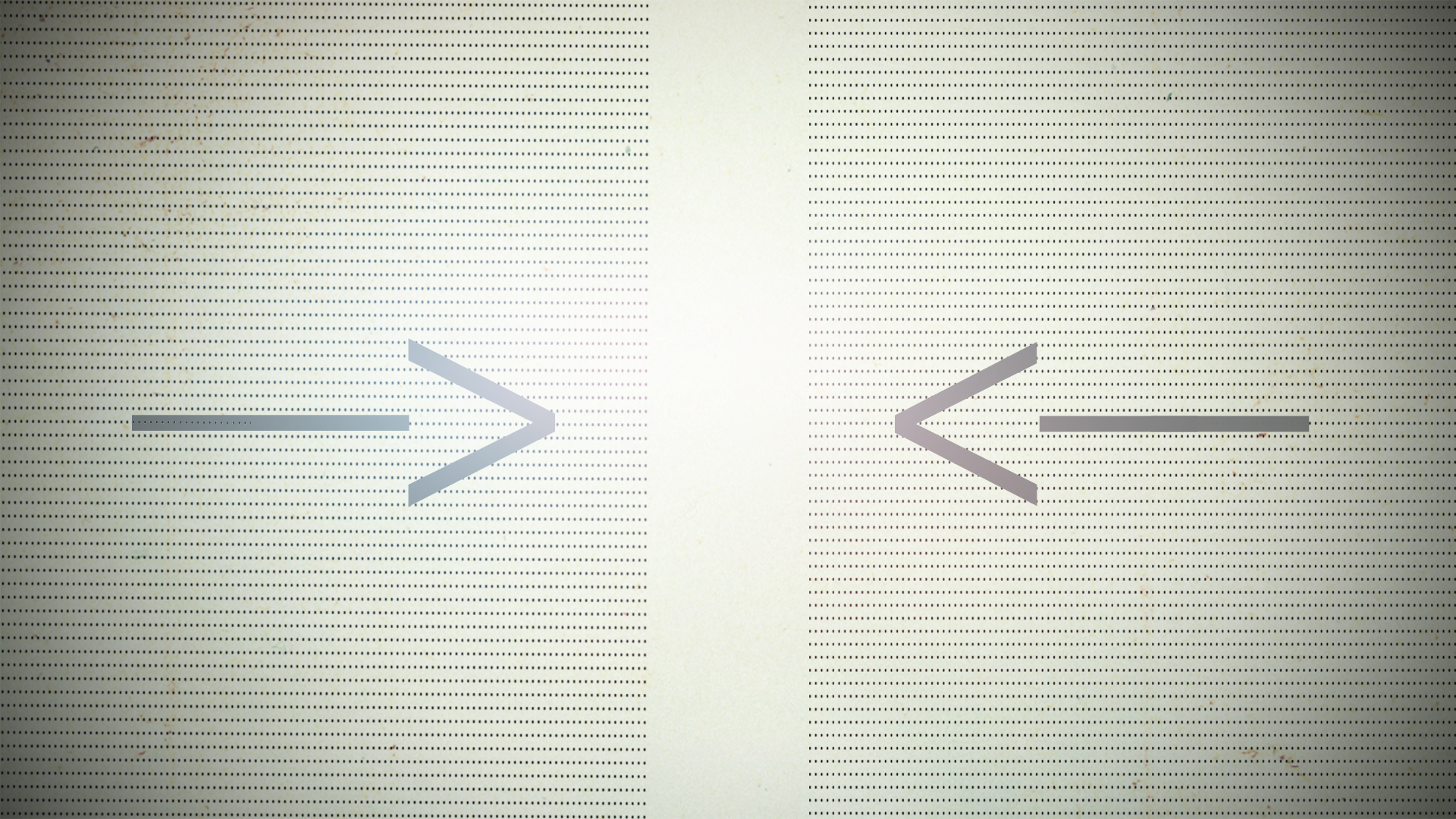John Calvin on the Great Exchange
In his Preface to the Geneva Bible of 1550, titled Christ the End of the Law, John Calvin gave one of the most succinct and powerful explanations of the great exchange that occurs in the Gospel because of what Christ has done for believers. He wrote:
He humbled Himself, to exalt us; He made Himself a servant, to set us free; He became poor, to enrich us; He was sold, to buy us back; a Captive, to deliver us; Condemned, to procure our pardon; He was made a curse, that we might be blessed; the Oblation for sins, for our justification; His face was marred, to re-beautify ours; He Died, that we may have life. In such sort, that by Him, hardness is softened; wrath appeased; darkness made light; iniquity turned into righteousness; weakness is made strength; despair is consoled; sin is resisted; shame is despised; fear is emboldened; debt is paid; labor is lightened; Sorrow is turned into joy; Misfortune into blessing; Difficulties are made easy; Disorder made order; Division into union; Ignominy is ennobled; Rebellion subjected; Threat is threatened; Ambush is ambushed; Assault assailed; Striving is overpowered; War is warred against; Vengeance is avenged on; Torment tormented; Damnation damned; Destruction destroyed; Hell burned up; Death is killed; Mortality changed to immortality; In short, pity has swallowed up all misery; and Goodness all wretchedness; For all those things, which used to be the arms with which the Devil combated us, and the sting of death, are, to draw us forward, turned into instruments from which we can derive profit.1
1. John Calvin Christ the End of the Law (London: William Cegg and Co. pp. 29-3, 1850) pp. 29-30





Wonderful! and Calvin has a similar passage in the Institutes:
“Pious souls can derive great confidence and delight from this sacrament [of the Lord’s Supper], as being a testimony that they form one body with Christ, so that everything which is his they may call their own. Hence it follows, that we can confidently assure ourselves, that eternal life, of which he himself is the heir, is ours, and that the kingdom of heaven, into which he has entered, can no more be taken from us than from him; on the other hand, that we cannot be condemned for our sins, from the guilt of which he absolves us, seeing he has been pleased that these should be imputed to himself as if they were his own.
This is the wondrous exchange made by his boundless goodness. Having become with us the Son of Man, he has made us with himself sons of God. By his own descent to the earth he has prepared our ascent to heaven. Having received our mortality, he has bestowed on us his immortality. Having undertaken our weakness, he has made us strong in his strength. Having submitted to our poverty, he has transferred to us his riches. Having taken upon himself the burden of unrighteousness with which we were oppressed, he has clothed us with his righteousness.”
-John Calvin. Institutes. Bk 4, ch 17.2
And such language has an ancient pedigree:
“And when our iniquity had been fully accomplished, and it had been made perfectly clear that punishment and death were expected as its reward, and the season came which God had ordained, when He should show His goodness and power (O the exceeding great kindness and love of God!), He did not hate us, nor did He reject us, nor did He hold a grudge against us, but was patient and forebearing, and in pity for us took upon Himself our sins, and Himself parted with His own Son as a ransom for us, the Holy One for the lawless, the guiltless for the guilty, the just for the unjust, the incorruptible for the corruptible, the immortal for the mortal. For what else but His righteousness would have covered our sins? In whom was it possible for us lawless and ungodly men to have been justified, save only in the Son of God?
O the sweet exchange, O the incomprehensible work of God, O the unexpected benefits; that the sinfulness of many should be hidden in One Righteous Man, and the righteousness of One should justify many that are sinners!
Having then in the former time demonstrated the inability of our nature to obtain life, and having now revealed a Saviour able to save even creatures which have no ability, He willed that for both reasons we should believe in His goodness and should regard Him as nurse, father, teacher, counsellor, physician, mind, light, honor, glory, strength and life.”
(Epistle to Diognetus. 9:2-6. circa 130 AD)